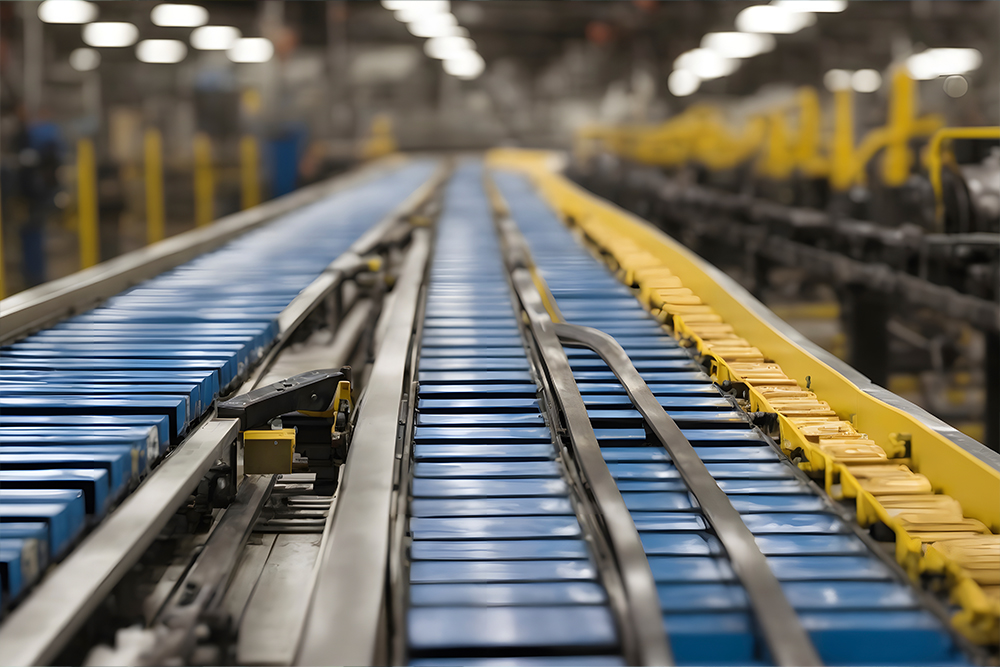Metal Detectable Plastics: An Innovative Solution İn Food Safety
The food industry is an extremely sensitive area regarding the quality and safety of products. While manufacturers use a variety of technologies to ensure proper processing, packaging and transportation of food products, protecting food products from metal contamination is also critical. Therefore, innovative materials such as metal-detectable plastics play an important role in the food industry. In this article, we will take a detailed look at what metal detectable plastics are, how they work, and their importance in the food industry.
What is Metal Detectable Plastic?
Metal detectable plastics are materials that have a special structure that can be detected by metal detectors in addition to the standard plastics used in the food industry. These plastics usually have standard plastic properties as well as metal particles, but they contain special additives that enable metal detection. In this way, when food products are contaminated with metal particles during processing, it is possible to detect and prevent this contamination thanks to metal detectable plastics.
Working Principle of Metal Detectable Plastics
Metal detectable plastics can be detected by metal detectors thanks to the metal particles they contain. Metal detectors detect metal particles using the electromagnetic field. Thanks to these metal particles, metal detectable plastics increase the detection sensitivity of metal detectors and increase the chance of detecting metal contamination of food products.

The Importance of Metal Detectable Plastics in the Food Industry
Food Safety: Metal detectable plastics play a critical role in detecting and preventing metal contamination of food products. In this way, it is possible to ensure compliance with food safety standards and increase consumer confidence.
Production Efficiency: Metal detectable plastics increase efficiency in the production process, as well as detecting metal contamination on the production line. Thanks to metal detectors, metal particles can be quickly detected in production lines and the source of contamination can be determined by stopping production.
Compliance and Standards: Metal detectable plastics used in the food industry are generally designed and manufactured in accordance with food safety standards. This provides manufacturers with assurance of compliance with local and international regulations.
Conclusion
Metal detectable plastics are an important tool for detecting and preventing metal contamination in the food industry. The use of such innovative materials is becoming increasingly common to meet food safety standards and increase production efficiency. However, it is important that metal detectable plastics are used correctly and tested regularly so that food safety and quality can always be maintained at the highest level.



